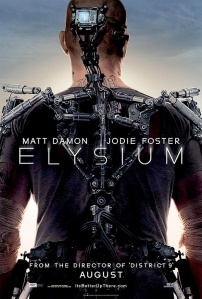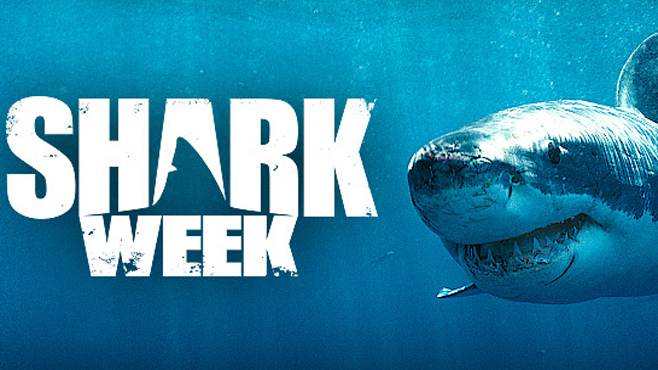One day in 2007, journalist Namir Noor-Eldeen was walking down the street, camera bag slung over his shoulder.
The street was in Baghdad. He would die on that street.
Noor-Eldeen may have only had the faintest glimmer of awareness that his life was ending when an Apache helicopter opened fire with its machine guns and killed him, along with his assistant and several other men. But for three years, the world and the American people did not know the circumstances of his death either–not until a young private named Bradley Manning leaked the video recorded from the nose of that helicopter, along with numerous other documents that detailed American cover-ups in Iraq.
Manning has since stood trial and now awaits sentencing for the crimes he admits committing by leaking classified documents while still enlisted in the United State Army. He apologized to the court, saying that he should have pursued other channels to right the wrongs he had become aware of.
No, Bradley. You were right the first time.
Transparency is our greatest weapon against injustice. The Founders of this republic knew it, and that’s why public trials were codified in our justice system. Secrets are the enemy of democracy, and the secrets our military was keeping made all of us culpable for crimes in Iraq and elsewhere. The death of Noor-Eldeen should have led immediately to review of military practice when authorizing targets in a populated area, but instead it was covered up for three years.
We can not expiate the sins we do not know about.
Manning’s fate, no matter what the court decides, will be complicated. He has now identified himself as transgender and credited some of the emotional turmoil he has felt because of “his problem” for motivating his actions.
By contrast, Edward Snowden–who leaked details of the NSA’s pervasive abuse of its authority to spy on Americans and others, particularly through the Internet–fled the United States instead of facing trial as Bradley did. Like Manning, it took courage. He, too, faces an uncertain future.
These two very different young men, both now martyrs and heroes to progressives who have railed for years against the post-9/11 excesses of the United States government and military, have now each made their small mark on history. We cannot know for some time what impact their actions will have on the course of American imperialism or on transparency and justice in the Information Age.
History makes and remakes those judgements as it marches forward, so we will have to wait and see.
What, though, do their peculiar sacrifices say for the role of the individual in history? Each of them was very conscious that he was stepping out of obscurity and into the river that shapes the landscape–vying to make a difference, to change the course of things.
The nineteenth century thinker Thomas Carlyle has been thoroughly harangued by critics for arguing that “history is…but the biography of great men.” Many have said his theory was unduly celebrating historical figures as “heroes” in a story that was really written by larger social forces, by historical inevitabilities.
But when we look at the story of America since 9/11, it is hard to see what has happened without considering the impact of the individuals who were on stage for this tragic melodrama of war without end. Yes, foreign policies and cultural tension created a hotbed of anti-American sentiment throughout the Muslim world, but without a charismatic Saudi named Bin Laden, would there have ever been a strike so powerful that it would alter America’s relationship with the world as fundamentally as 9/11? If Gore had won, or if McCain had earned the top spot on the GOP ticket in 2000, would there have ever been a war in Iraq for Manning to expose? Bush was a consequential president. He mattered as an individual. He changed history.
Bin Laden. Cheney. Bush. Hussein.
And now Manning and Snowden.
Whatever else this chapter of history teaches us–or will teach us when the ink is finally dry–I cannot help but think it redeems Carlyle. Most of us in the U.S. have been content to live out our generally comfortable lives and watch the “great men” of history wage their wars and draw their lines on the map. Maybe we complained. Maybe we marched. But Snowden and Manning did more. They tied their fates to a cause, chained themselves to it like an anchor and faced the consequences. Many try to label Snowden and Manning as traitors, but if we look at the story honestly, we have to see them for what they are–the heroes.
They risked, with nothing to gain, everything that was safe and comfortable for one cause, and one cause only: Truth.



